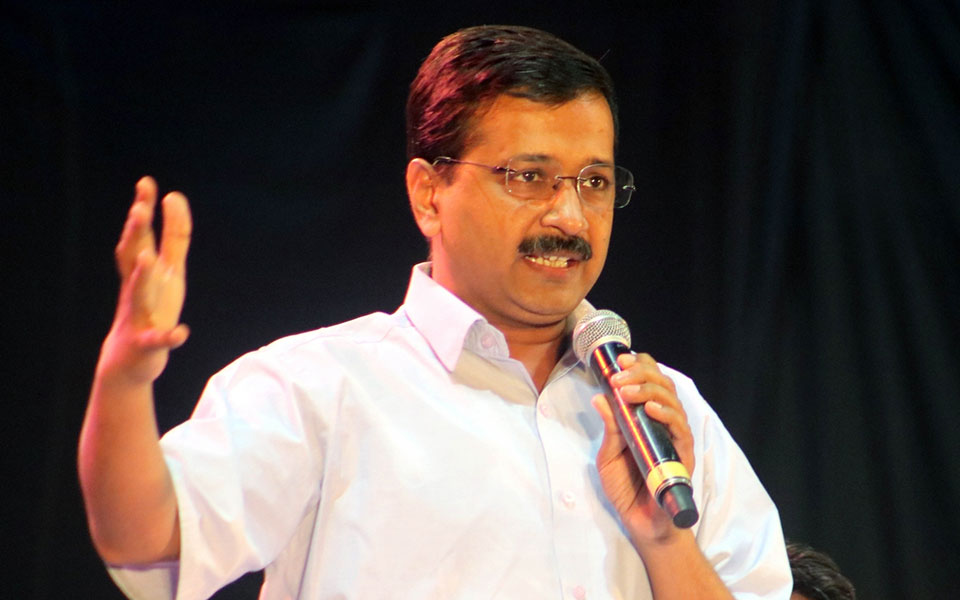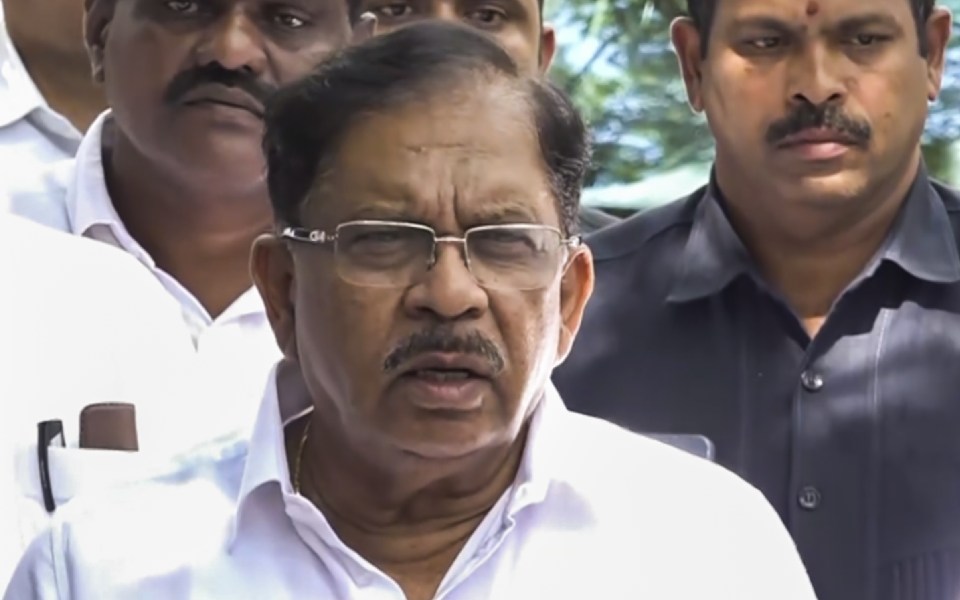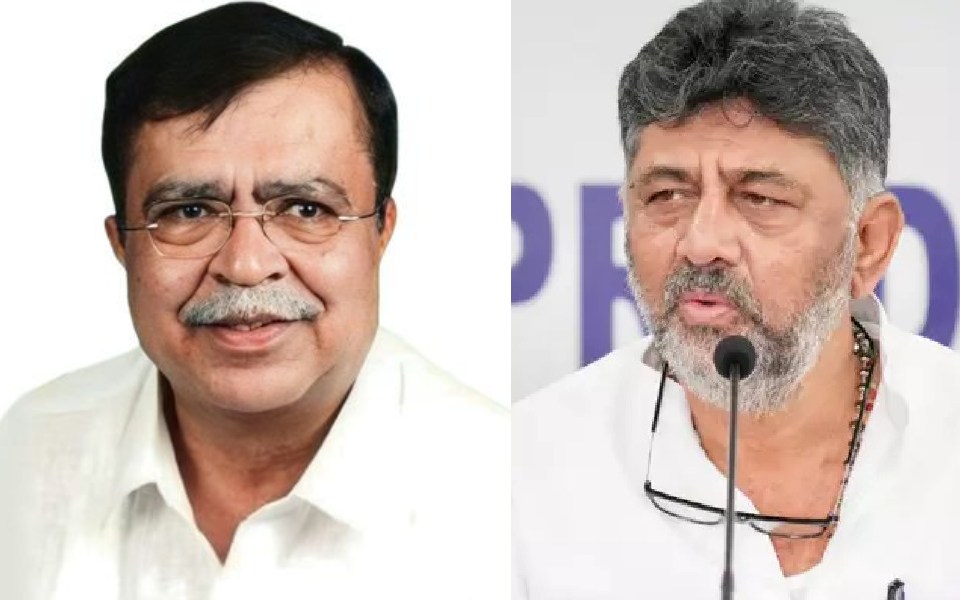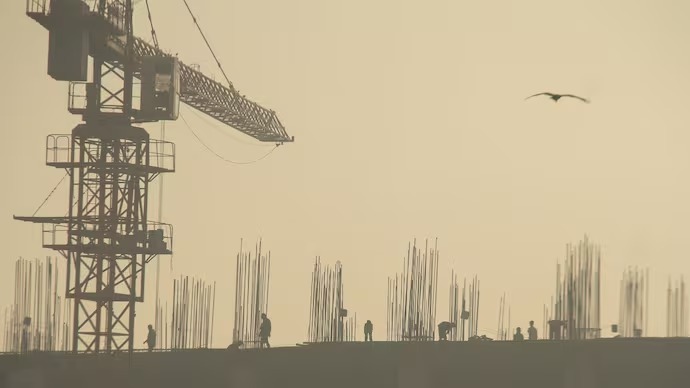New Delhi, May 18: Delhi Chief Minister Arvind Kejriwal on Friday wrote to Prime Minister Narendra Modi urging him to persuade Haryana to continue supplying the same levels of water to the national capital it has been supplying for the last 22 years.
"I urge you to kindly use your good offices to persuade Haryana to continue supplying same levels of water to Delhi that it has been supplying for 22 years and not to disrupt it till the issue is decided by the Court," Kejriwal wrote.
He said that Haryana had been supplying 1,133 cusecs of water since 1996 and this should not be cut so that Delhi does not witness any water scarcity.
He said that any reduction in the water supply will affect the Chandrawal water plant which supplies water in VIP and NDMC areas, along with other places including the railway station and major hospitals.
Kejriwal, in another letter written to Lt Governor Anil Baijal on Friday, warned of chaos in the city after May 21 if the reduction in water supply continued.
"If the water supply from Haryana is reduced after May 21, there will be complete chaos in Delhi. It will lead to unprecedented law and order situation in Delhi," Kejriwal said.
Let the Truth be known. If you read VB and like VB, please be a VB Supporter and Help us deliver the Truth to one and all.
Bengaluru, Jan 10: Karnataka Home Minister G Parameshwara on Friday said that six surrendered Maoists have not handed over their weapons, and the police are working to locate and recover them from the forest where they are believed to have been disposed of.
Noting that one Maoist, expelled from the surrendered group, is still at large and efforts are underway to trace him, he said there is no one else involved in Naxal activities in the state. He added that any individuals coming from other states will be closely monitored.
A group of six Maoists surrendered to the government in the presence of Chief Minister Siddaramaiah at his home office, ‘Krishna,’ on Wednesday evening.
The group includes four individuals from Karnataka: Mundagaru Latha from Sringeri, Vanajakshi Balehole from Kalasa, Sundari Kutluru from Dakshina Kannada, and Mareppa Aroli from Raichur. The other two are Vasantha K from Vellore in Tamil Nadu and N Jeesha from Wayanad in Kerala.
"We need to search for the weapons. It is not yet known where they were disposed of in the forest, but efforts are underway in that direction," Parameshwara told reporters in response to a question.
Addressing the BJP's allegation that the government prioritised rehabilitation for Maoists over recovering their weapons, he said, "They keep making such claims. The government will do its job. We may need to gather information from the Maoists about where the weapons were hidden and seek their assistance. There are procedures, and they will be followed."
The BJP has also been in government, and they are aware of this. It was the same police department during their tenure, he added.
The six surrendered Maoists will be rehabilitated under categories 'A' and 'B' of the Naxal Surrender Policy, Karnataka 2024, and will each receive Rs 3 lakh.
In response to a question about reports that another Maoist, Ravindra, is still at large, the Home Minister said, "According to the information we have, this group had expelled him, but the reasons are not yet known. Efforts are underway to trace him, and he is believed to be in the Chikkamagaluru region."
Regarding the surrendered Maoists, the Home Minister stated that they were the last active Maoists in the state.
He added, "If anyone comes from other states, it will be closely monitored. There is a possibility of individuals coming from Odisha or Kerala, and we will remain vigilant. The government is making efforts to discourage Naxalism. According to our information, no one else is currently involved in such activities in the state."
The surrender followed the killing of Maoist leader Vikram Gowda in an encounter with the Anti-Naxal Force at Peetabailu village in Hebri, Udupi district, on November 18, 2024.
When asked about Vikram Gowda's family seeking compensation in light of the package being provided to surrendered Maoists, Parameshwara said, "It will be verified. Both cases are different."





